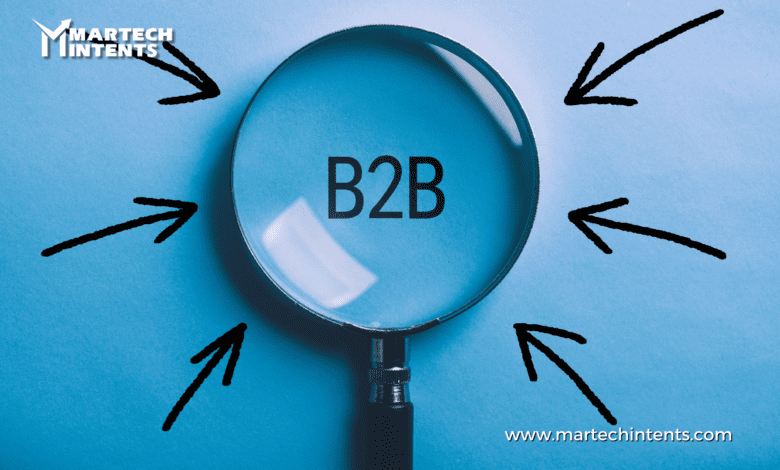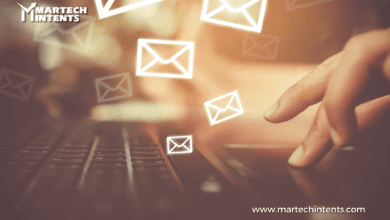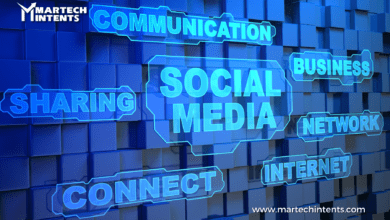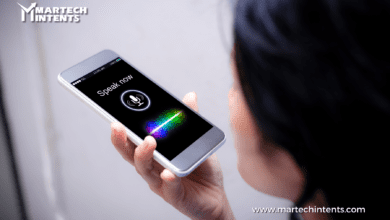Power Up Your Pipeline: Marketing Automation for B2B Success

In the fast-paced world of B2B marketing, efficiency and lead nurturing are crucial for driving sales. Marketing automation for B2B companies offers a powerful solution to automate repetitive tasks, personalize customer journeys, and ultimately convert high-value leads into loyal customers. By leveraging marketing automation for B2B companies, you can streamline your marketing efforts, nurture leads more effectively, and achieve significant growth.
Why B2B Companies Need Marketing Automation
Marketing automation for B2B companies provides a multitude of benefits:
Streamlined Lead Management: Automate lead capture, qualification, and nurturing processes to free up your marketing team’s time for strategic initiatives.
Personalized Customer Journeys: Deliver targeted content and nurture campaigns based on individual lead behavior and interests, increasing engagement.
Improved Lead Nurturing: Nurture leads through the complex B2B sales funnel with automated email sequences, drip campaigns, and targeted content.
Enhanced Sales and Marketing Alignment: Marketing automation fosters better alignment with sales teams by providing valuable lead data and insights.
Increased ROI: Optimize marketing campaigns, track performance metrics, and identify opportunities to improve your return on investment (ROI).
Scalability and Efficiency: Marketing automation allows you to manage a larger volume of leads efficiently and scale your marketing efforts as your business grows.
Key Features of Marketing Automation for B2B Companies
Marketing automation for B2B companies offers a variety of features specifically tailored to B2B needs:
Lead Scoring and Segmentation: Qualify leads based on predefined criteria and segment them into targeted lists for personalized nurturing campaigns.
Content Marketing Automation: Schedule and automate the distribution of content assets like white papers, case studies, and webinars to nurture leads.
Social Media Management for B2B: Schedule and publish B2B-focused social media content across various platforms and engage with potential customers.
Website Tracking and Analytics: Track website visitor behavior to understand lead interests and optimize your website for conversions.
Email Marketing Automation for B2B: Design, personalize, and automate targeted email campaigns to nurture leads and drive sales conversations.
Marketing Attribution for B2B: Identify the touchpoints that influence B2B customer journeys and attribute revenue to specific marketing efforts.
Getting Started with Marketing Automation for B2B Companies
Here are some initial steps to take advantage of marketing automation for B2B companies:
Define Your Marketing Goals: Clearly identify your B2B marketing goals (e.g., lead generation, brand awareness, website traffic) to guide your automation strategy.
Map Your B2B Buyer Journey: Understand the different stages of your B2B buyer’s journey to tailor your automated campaigns accordingly.
Identify Your Target Audience: Define your ideal B2B customer profile to ensure your marketing automation efforts reach the right audience.
Select the Right Marketing Automation Platform: Choose a platform that offers B2B-specific features and integrates seamlessly with your existing CRM and marketing tools.
Develop Engaging Content: Create valuable content assets (e.g., white papers, blog posts, case studies) to nurture leads throughout the buyer’s journey.
Maximizing the Benefits of Marketing Automation for B2B Companies
Here’s how to get the most out of marketing automation for B2B companies:
Personalize Your Communications: Go beyond generic messages and personalize your automated emails, landing pages, and content based on lead data and interests.
Track and Analyze Performance: Monitor key metrics like lead conversion rates, open rates, and click-through rates to measure campaign performance and optimize your strategies.
Nurture Long-Term Relationships: Don’t stop nurturing leads once they convert; continue to provide valuable content and engage with them to build long-term customer relationships.
Integrate with Sales Teams: Align your marketing automation efforts with your sales team by providing them with qualified leads and valuable lead data.
Learn more about A Guide to Marketing Automation for B2B
Conclusion:
Marketing automation for B2B companies is no longer a luxury; it’s a strategic necessity. By automating repetitive tasks, personalizing lead interactions, and gaining valuable marketing insights, marketing automation for B2B companies empowers you to streamline your marketing efforts, nurture leads effectively, and achieve sustainable growth. Embrace the power of marketing automation and watch your B2B marketing efforts soar!




